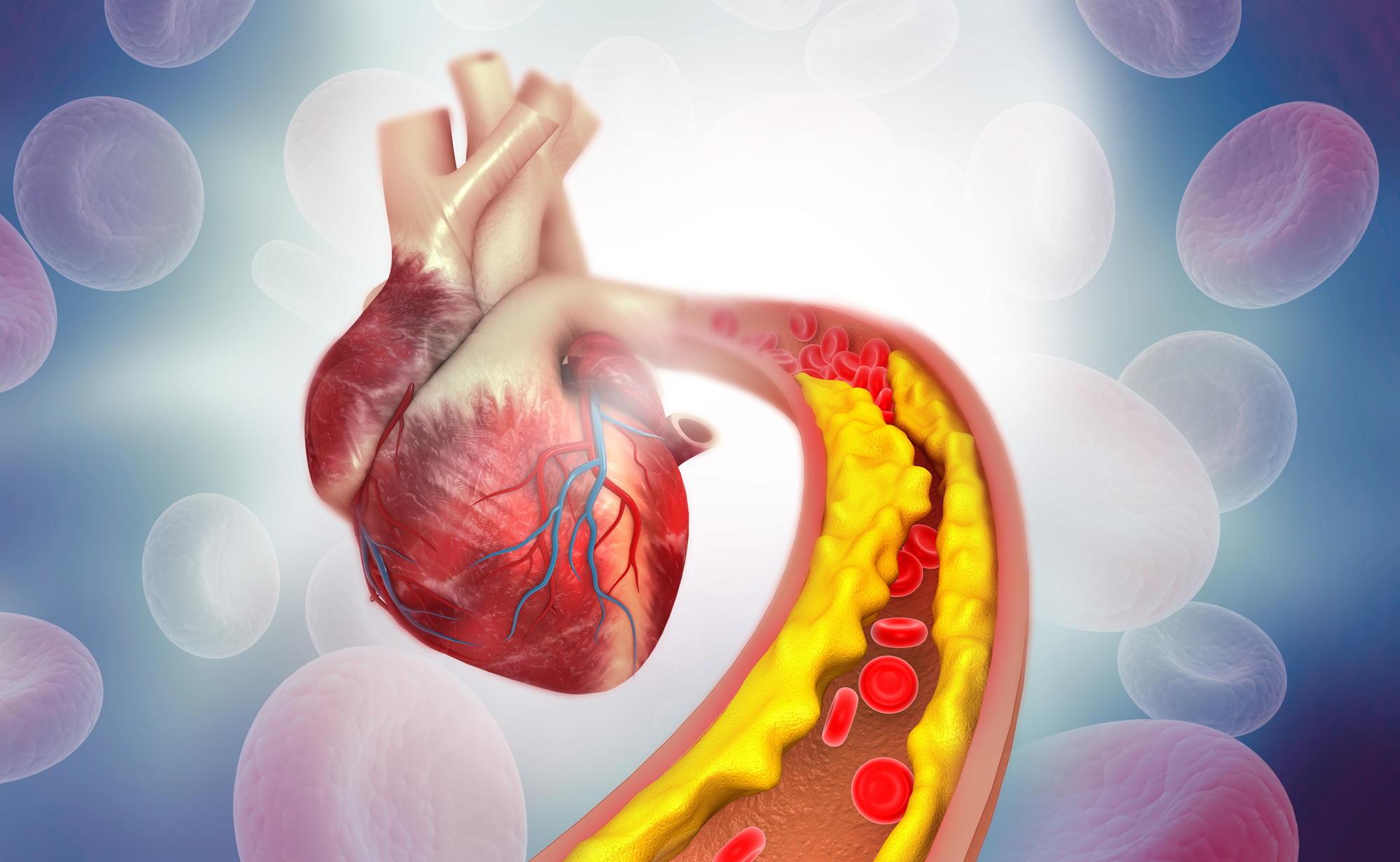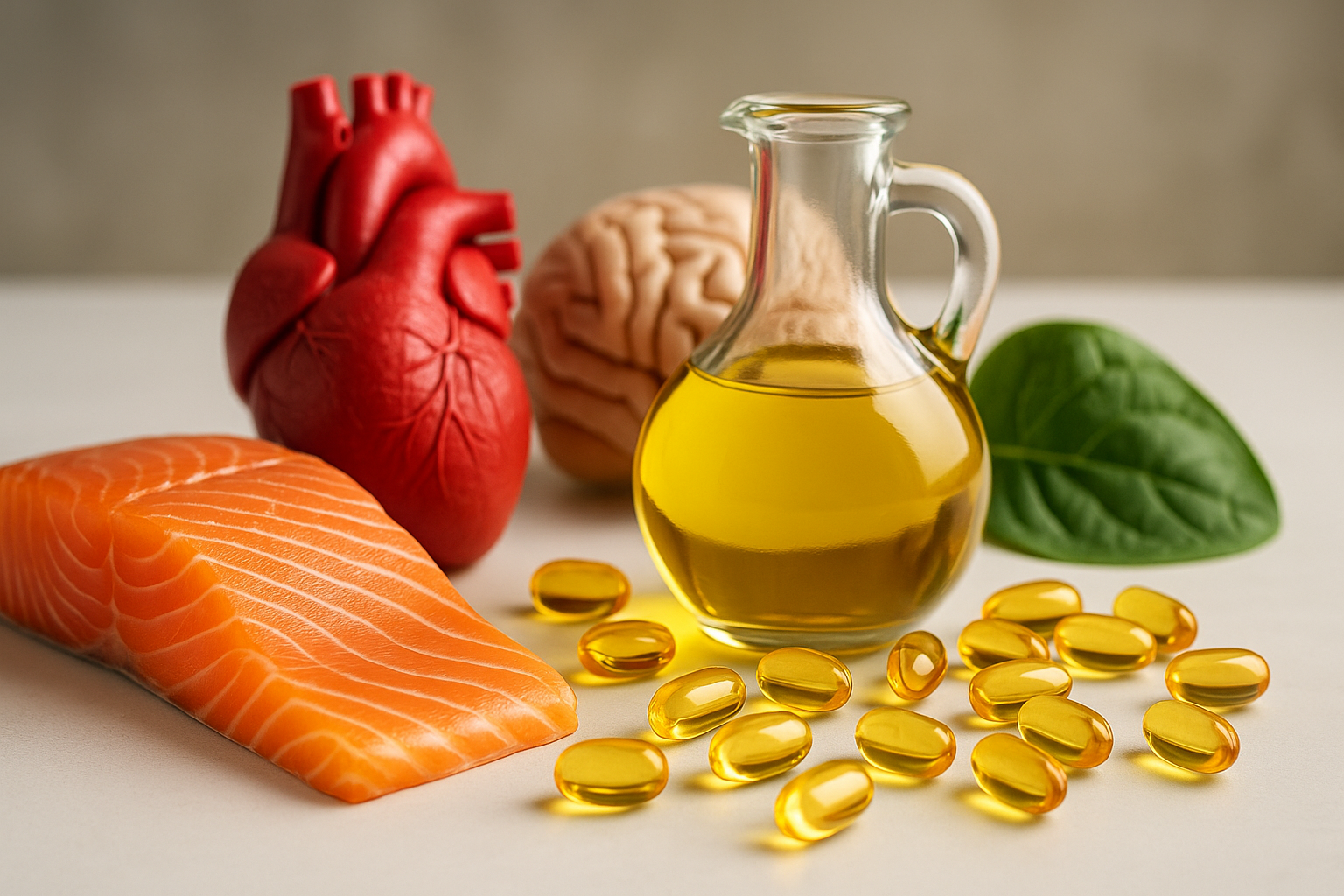
Too much cholesterol in the blood can lead to serious diseases. At the same time, cholesterol is an important substance for the human body. It is important to promote the "right" cholesterol.
There is hardly a substance in the human body that is discussed as extensively as cholesterol. The cholesterol level is used as an indicator for cardiovascular diseases, and other serious diseases can also be promoted by too much of these "blood fats".
But one thing is important here. "Cholesterol is in itself a vital substance that is largely produced by our body itself. It is used, for example, to build cell walls, hormones and a protective layer for the nerves," says Natura Vitalis founder Frank Felte (www.naturavitalis.de). The company from Essen has long been considered one of the leading manufacturers of natural food supplements and places the highest value on continuous further and new developments of health products on a scientific basis.
The only problem is an excessively high level of LDL cholesterol (low-density lipoprotein), the so-called blood fat that is largely responsible for the development of vascular calcification. This is because, in contrast to HDL cholesterol (high-density lipoprotein), LDL transports cholesterol from the liver via the blood into the cells; HDL does it the other way round and "frees" the cells from cholesterol. "The following problem can develop in the process: If the cell has enough cholesterol, it rejects the LDL. So it can happen that the LDL floats in the blood and the blood fat level rises. This in turn can then become an undesirable health risk in the worst case," says the expert. "This is why LDL is also called 'bad cholesterol'."
A permanently elevated cholesterol level can bring about serious diseases. In a study that evaluated 14 studies with a total of 90,000 patients, for example, a connection between high cholesterol and an increased risk of heart attack was clearly shown. The reason: If the cholesterol level is elevated over a longer period of time, excess cholesterol is deposited on the walls of the blood vessels. These deposits are also called "plaques". The blood can no longer flow properly through the narrowed veins.
That is why many people take cholesterol-lowering drugs. Statins, cholesterol resorption inhibitors, fibrin acid derivatives and PCSK9 inhibitors generate annual sales of about 30 billion euros for the pharmaceutical industry and are among the best-selling drugs worldwide - but they are often associated with severe side effects. Frank Felte also advises lowering LDL cholesterol and raising HDL levels in the blood - but in a natural way!
Mother Nature has extremely effective plants ready for this. "We have used the most important ones in our Cholesterol product to create a recipe that is unique in the world. In addition to sesame, fenugreek, olive leaves, wild garlic, psyllium husks, artichokes, pectin and ginger, the super substance "beta glucan" is found in Cholesterol. 17 randomised, controlled clinical studies confirm that beta glucan has almost unbelievable properties when it comes to positively supporting healthy cholesterol levels."
Natural vital substances such as beta-glucan and omega-3 also help to positively support cholesterol levels and promote health. Beta-glucan is a plant fibre and is found abundantly in cellulose, plants such as oats and barley, as well as in yeast, fungi, algae and some bacteria. "The positive effect of beta-glucan on blood lipid levels is clinically well studied and has been shown to lower LDL levels," explains Frank Felte. A very positive effect has also been shown by many long-term nutritional studies for omega-3, an essential (i.e. vital) fatty acid that the body cannot produce itself and must therefore be supplied. "The fatty acids are generally capable of lowering cholesterol by ten percent. However, only the bad LDL cholesterol decreases, while the good HDL cholesterol increases. Omega-3 fatty acids achieve this effect by inhibiting the production of neutral fats and lipoproteins in the liver. They also generally accelerate the breakdown of lipoproteins in the veins and liver."
This text
may contain translation errors as the translation was done by an online
translation tool.










